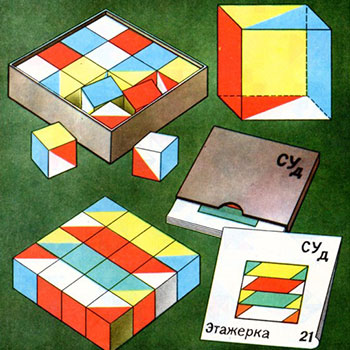If you don't know how to get the derivative of inverse trigonometric functions, you can obtain the formula using implicit differentiation:
Let #y = csc^-1 x#.
#x = csc y#
#d/dx x = d/dx csc y#
#1= dy/dx * -csc y cot y#
#(-1)/(csc y cot y)= dy/dx#
Use a fundamental identity to express all trig functions as the one you are differentiating, in this case: #cot^2 theta + 1 = csc^2 theta#:
#(-1)/(csc y sqrt(csc^2 y - 1) )= dy/dx#
Use #x = csc y#:
#(-1)/(x sqrt(x - 1) )= dy/dx#
Therefore #color(blue)(d/dx csc^(-1) x = (-1)/(x sqrt(x - 1) ))#
To simplify #d/dx csc^-1(x^2 + 1)# we can use the chain rule:
#(f @ g)'(x) = f'(g(x)) * g'(x)#
#d/dx csc^-1(x^2 + 1)#
#= (-1)/((x^2 + 1) sqrt((x^2 + 1)- 1) ) d/dx (x^2 + 1)#
#= (-1)/((x^2 + 1) sqrt(x^2)) * (2x)#
#= (-2x)/((x^2 + 1) x)#
#= (-2)/(x^2 + 1)#

